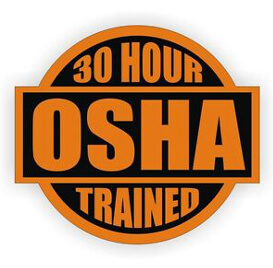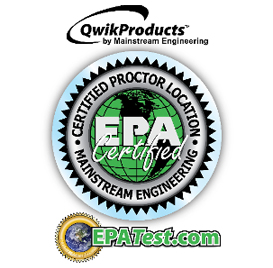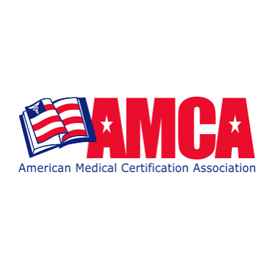
Phlebotomy Technician
EKG Technician
Phlebotomy Technician (90 Hours)
Program Description:
The course will enable the students to acquire knowledge of the anatomy and physiology of the human body and concepts and procedures of blood collection. It includes an overview of the diseases related to each anatomical system. Functional concepts and internal structure are related as a basis for performing a physical examination and live venipuncture. Student is required to have prior knowledge of human anatomy and physiology and medical terminology. Satisfactory academic progress is measured in credit hours. Student must complete three (3) credit hours to graduate.
Electrocardiogram Technician (90 Hours)
Program Description:
The course will enable the students to acquire knowledge of the anatomy and physiology of the human body and concepts and procedure of electrocardiography. It includes an overview of the diseases related to the cardiovascular system. Functional concepts and internal structure are related as a basis for performing a physical examination. Student is required to have prior knowledge of human anatomy and physiology and medical terminology. Satisfactory academic progress is measured in credit hours. Student must complete three (3) credit hours to graduate.







